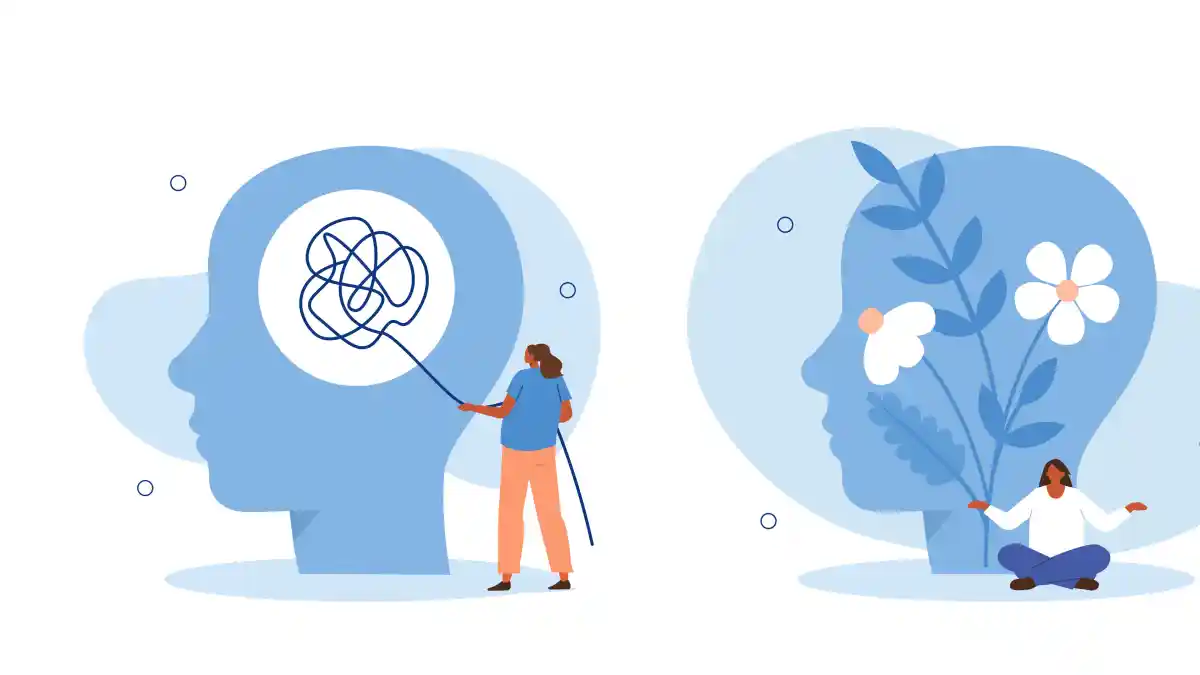Greed, often disguised as ambition, is a trait that can quietly erode personal values and relationships. While the drive to succeed is natural, unchecked greed can lead to destructive behaviors—manipulation, dishonesty, and even legal consequences. Psychologists and ethics experts agree that excessive desire for wealth or power often stems from deeper insecurities, and ironically, it rarely results in long-term satisfaction. Instead, it fosters constant dissatisfaction and emotional isolation.
Real-world examples in business, politics, and even daily life show how greed can backfire. Financial scandals, such as the Enron collapse or the 2008 global crisis, were largely fueled by corporate greed and lack of ethical oversight. On a personal level, people who prioritize material gain over relationships often find themselves estranged or mistrusted. Experts in behavioral economics warn that greed can blind individuals to risk and empathy, making short-term rewards costlier in the long run.
Understanding the difference between healthy ambition and toxic greed is key to living a balanced life. Trusted voices in mental health and philosophy emphasize gratitude, ethical decision-making, and contentment as antidotes to greed. By choosing integrity over excess, individuals and communities can build trust, achieve sustainable success, and foster a deeper sense of fulfillment.





